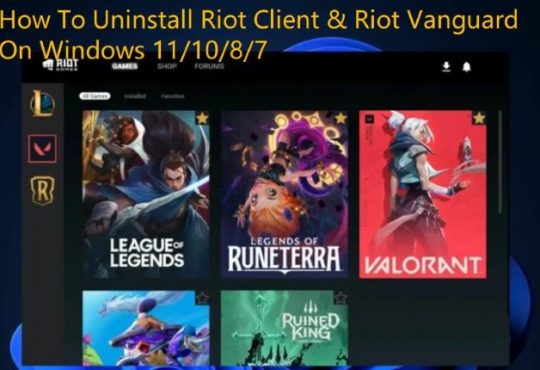With more and more students resorting to online studying and seeking online degrees, e-learning platforms have upped their game. Furthermore, the number of e-learning providers has also increased by a greater margin. With so many options available to students, picking one platform can be a daunting task.

While the price and length of the course and platform are the primary factors that most students consider, there are several other aspects that should be examined to choose the best e-learning platform based on your needs.
Whether you need an e-learning platform to earn a formal degree or build new skills to get better at your job and workfront, you must analyze certain points before you begin learning. Consider these tips to choose the best e-commerce learning platform.
1. Determine Your Needs
The first step to choosing an ideal course is by determining your needs and end goals. What is it that you want to achieve from the course? Do you wish to earn a degree, become better at a skill, or highlight a certification in your resume?
Depending on your needs and main objective, filter the options. Next, narrow down the search by finding platforms that cater to a specific audience. With this, you can find a suitable course that is closest to your needs. Conducting surveys and taking interviews can help too. Just keep your learning objectives in mind.
2. Consider the Technical Limitations and Interface
Individuals who are not tech-savvy may find it difficult to learn off a complicated interface or a website that is not user-friendly. The e-platform you choose should provide an easy-to-use and aesthetic interface that can be easily accessed by any user.
You should also consider the platform’s compatibility with various devices. While some may provide mobile-friendly apps, others will just give you access to a website. If you plan to learn on the go, you may need a mobile application, in which case the latter is of no use.
The importance of multimedia integration level is increasing with time, which is why you should consider this pointer. In doing so, you would have a better and easier time learning online.
3. Compare Features and Learning System
Since there are a lot of courses to choose from, compare the features and structure of the lessons in each. The quality and structural divisions of the lessons also matter. How are the lessons divided into modules? Do the courses provide tests at the end of each module? Examine such questions to narrow down your options.
The professionals behind ecosecretariat.org/best-online-course-platforms/ suggest picking one that offers the best and most organized learning structure. The lessons should be divided into bite-sized content that is easy to consume and provides valuable information to the user without them feeling overwhelmed.
4. Focus on Virtual Assistance
Your e-learning platform shouldn’t be limited to providing lessons and delivering content; it should also offer virtual assistance in case a student gets stuck at any step. While FAQ sections and online forums may help the students up to an extent, such meager support tools are not enough.
The vendor should provide 24/7 email and phone assistance to solve any kind of query and help you keep learning without any issue. Since the setup is often the hardest part, you will need technical assistance, particularly during the initial stage. Apart from this, check whether or not you can get a refund if the technical issue is left unresolved from the vendor’s side.
5. Comprehend the Supplier’s Reputation
Another effective way to make an informed decision is to compare the supplier’s reputation and credibility within the industry. Find out more about the vendor’s history and how well they have done so far.
Are they recognized internationally? Do they have any awards or certifications? Who are the founders and what do they do? Such questions will help you know more about the vendor’s reputation and credibility in this matter. The level of industry expertise they possess is another notable point.
6. Contact Former Students

If you can get in touch with a few former students of the online course or platform you are seeking, you can receive an in-depth insight to cement your decision. Most of the time, e-learning platforms and relevant suppliers sugarcoat their services, which can mislead the customers.
In such situations, talking to former students and comparing reviews can help you make an informed decision. You can find them in forums, social media pages, and networking events.
Consider these tips when finding a suitable e-learning platform, especially if you want to engage with the supplier for a longer-term. In the end, if you are still confused after taking these factors into account, ask the provider for a free trial or session. Since some providers offer free demonstrations and trials to cement a potential client’s decisions, you can take advantage of this strategy.
More Articles:
How to Stop Avast Browser from Opening on Startup on Windows 7, 8, and 10?
7 Tips to Help You Develop an Effective Costworthy Mobile App





